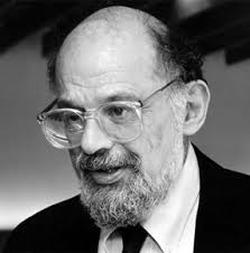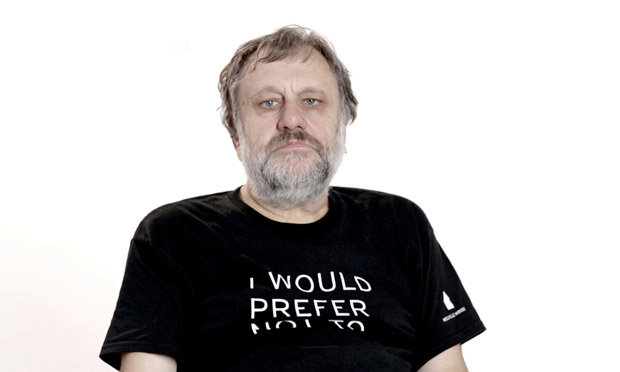Ginsberg’s Performativity: Stumbling Blocks and Points of Resistance (from unpublished longer essay)11/18/2015  It is Part III of “Howl” where its language is performative. “Carl Solomon! I am with you in Rockland / where you are madder than I am” is performative in its empathic gesture, its solidarity with a man in an asylum. (24) The performance is persistent in its stating “I am with you in Rockland” 18 more times in the poem. (24) The performance seems one of giving legitimacy to those considered to be insane, outside mainstream ideology nearly outside power and knowledge. Ginsberg then is using his role as a poet, a troubadour, and “legislator of the world” to call attention to the plight of the homosexual, the institutionalized, the anti-capitalists, and the marginalized populations and to legitimize them as humans struggling as workers. Thus his reference to “The Internationale:” Here again the military/militant imagery echoes. If the poem’s inversion (of heaven and hell) wasn’t clear in the three parts, the Footnote makes it clear that the “bum’s as holy as the seraphim,” as is the “asshole,” “typewriter,” and “the vast lamb of the middleclass!” (27-28) Again, without regard for decorum and mainstream ideology, in an attempt to break alliance for the reader, the poet is “after the poem as discovered in the mind and in the process of writing it out on the page as notes, transcriptions.” (31) I suppose if Ginsberg was attempting to revive the poet as visionary prophet and attempting to produce a vision, this strategy may be one road to try, but the poem reaches back to religious symbols. Ginsberg’s groundbreaking poem was three years prior to Robert Lowell’s Life Studies. However, in my opinion, Ginsberg finds greater success and influences many more people than those who read poetry (though “Howl” certainly is a part) is the performance of his life. Ginsberg was unapologetic, irreverent of power structures, and reminded readers of Whitman’s dream of a more open America. Ginsberg recognized that “silence and secrecy are the shelter of power.” (Foucault 101) It is in the poem’s and Ginsberg’s acting out, the lack of decorum in life (and art) that creates “a stumbling block, a point of resistance and a starting point for an opposing strategy” that with a few other brave and vocal provocateurs created a counter-culture. (Foucault 101) One thinks of fellow spokes people of the day. In fact, it is the poem’s repeated speech act “I am with you in Rockland” that is the leaping off point to his life’s work and persona after “Howl” until he was in his sixties, when Reagan and Thatcher seemed to had the last word.
0 Comments
Leave a Reply. |
Archives
May 2024
Categories |

 RSS Feed
RSS Feed